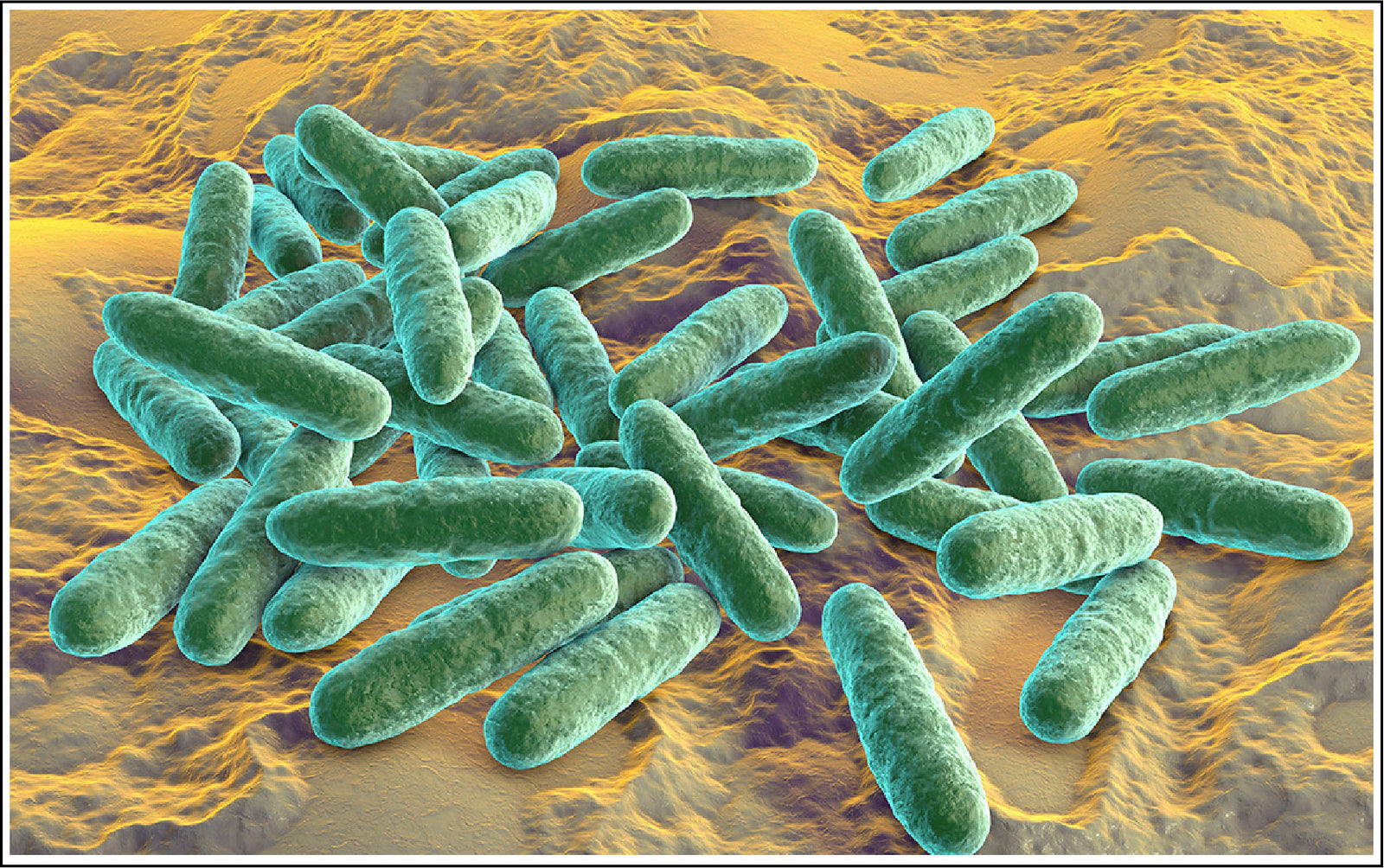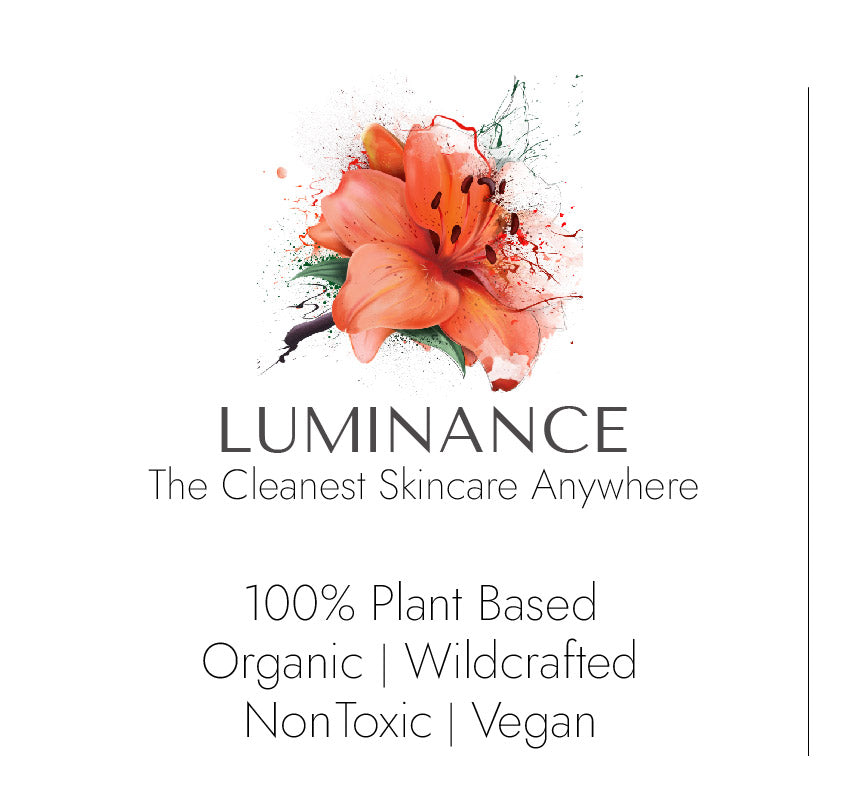Acne Is A Common Skin Condition Characterized By The Presence Of Pimples, Blackheads, Whiteheads, And Other Blemishes On The Skin.
Acne can affect people of all ages and skin types. Acne occurs due to various factors such as excess sebum production, clogged pores, bacterial overgrowth, and inflammation. Natural skincare can play a gentle and effective role in managing different forms of acne by addressing the underlying causes and promoting healthy skin.

1. Comedonal Acne: Comedonal acne includes blackheads and whiteheads. Blackheads are open comedones, where the pores are clogged with oil and dead skin cells, resulting in dark-colored plugs. Whiteheads are closed comedones, with similar clogging but a closed pore, causing a small bump.
Causes: Excess sebum production, dead skin cell buildup, and clogged pores.
Natural Skincare: Gently exfoliating with natural ingredients like salicylic acid from willow bark or papaya enzymes can help unclog pores. Using non-comedogenic oils like jojoba oil can help regulate sebum production and keep the skin moisturized without causing further blockages.
2. Inflammatory Acne: Inflammatory acne includes papules, pustules, nodules, and cysts. Papules are red, inflamed bumps without a visible center. Pustules are similar but have a white or yellow center filled with pus. Nodules and cysts are deeper, more severe forms of acne that can be painful.
Causes: Bacterial overgrowth (especially Propionibacterium acnes), inflammation, and hormonal fluctuations.
Natural Skincare: Natural ingredients with anti-inflammatory and antibacterial properties, like tea tree oil and aloe vera, can help reduce redness and inflammation. Calming ingredients such as chamomile and calendula can soothe irritated skin. Gentle cleansing and avoiding harsh, drying products are crucial to prevent further inflammation.
3. Hormonal Acne: Hormonal acne is often associated with hormonal fluctuations, such as during puberty, menstrual cycles, and pregnancy. It typically appears along the jawline, chin, and cheeks.
Causes: Hormonal imbalances lead to increased sebum production and pore clogging.
Natural Skincare: Ingredients like evening primrose oil, which contains gamma-linolenic acid, can help balance hormone-related skin issues. Natural clays like kaolin or bentonite can absorb excess oil. Gentle cleansing and consistent skincare routines are essential to manage hormonal acne.
4. Stress-Induced Acne: Stress can trigger or worsen acne by stimulating the production of stress hormones like cortisol, which in turn increases sebum production.
Causes: Elevated stress levels affecting hormonal balance and sebum production.
Natural Skincare: Incorporating stress-reducing practices like meditation and yoga can complement skincare efforts. Using calming botanicals like lavender and chamomile in skincare products can help soothe stressed skin.
5. Maskne (Mask Acne): Maskne has become more common due to prolonged mask-wearing. Friction, heat, and trapped moisture under a mask can contribute to acne development.
Causes: Friction, heat, moisture accumulation, and bacterial proliferation.
Natural Skincare: Choosing breathable, natural fiber masks and applying lightweight, non-comedogenic moisturizers can help reduce friction and moisture accumulation. Regularly cleansing and using products with soothing ingredients like oat extract can mitigate mask-related breakouts.
6. Diet-Related Acne: Certain dietary factors, such as high glycemic index foods and dairy products, have been linked to acne development in some individuals.
Causes: Diet-induced inflammation and hormonal fluctuations.
Natural Skincare: Incorporating natural skincare approaches that focus on gentle cleansing, soothing ingredients, and maintaining a balanced skin barrier can help manage various forms of acne. It's important to note that individual responses to skincare vary, so finding the right natural products and routines for your skin may require some experimentation. If acne is severe or persistent, consulting a dermatologist is recommended for personalized guidance and potential medical interventions.
Additionally, a balanced diet rich in antioxidants and omega-3 fatty acids can support overall skin health. Consuming foods like fruits, vegetables, and fatty fish can contribute to clearer skin.


